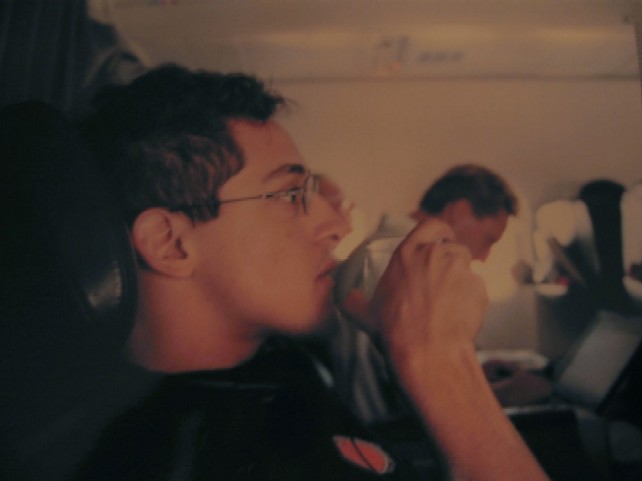It is safe to say that no one would ever wish a disaster like Hurricane Katrina on anyone (although the comments of Jerry Falwell after 9/11 - blaming that attack on feminists, among others - could lead one to question that assumption). Whether it be a desire to subdue the immediate horror and sadness that comes from an event as dire and disastrous as this or simply make sense of it, we often find ourselves trying to decide what knowledge or insight there is to gain that could better prepare us for a similar event in the future.
Blame for whatever oversight(s) or policy allowed the WTC attacks to happen will probably be bandied about for many a generation. Outside of the actual perpetrators of the attacks themselves, there is certainly no one person or small group of people that can be directly accused of causing that tragedy. That being said, it very quickly became very apparent to everyone in our government and our nation that something was wrong; that led to what some called too many, others called too few, but most could agree were many much-needed changes.
But what can be learned from Katrina? It is unfortunate that a lot of the deaths caused by Katrina can be blamed on residents of Louisiana and Mississippi not taking the threat posed by the storm seriously enough. It is still more unfortunate however that so many killed probably wanted nothing more than to leave but were simply unable. The evacuation of a city of nearly half a million people like New Orleans will probably never be an easy undertaking, particularly when compared to most hurricanes there was very little warning here. And no matter how quickly and strongly the northern Gulf Coast is rebuilt, so much of the area is still at or below sea-level; this scenario could very easily play itself out once again.
That could be as close as we get to a lesson here. What has been so jarring about the pictures, video footage and verbal accounts of the situation is how much those images mirror misery in other parts of the world, misery that we as residents of the richest nation in the world normally feel so incapable of experiencing. For all the monetary devastation caused by Hurricane Andrew in South Florida, the death toll was well below 100. Compare that to Hurricane Mitch, which killed thousands in Honduras. The earthquake that hit San Francisco in 1989 killed 63 people, well below the expected death toll; a weaker quake that struck Iran less than a year later killed 50,000.
The people trapped by the flood waters in Louisiana are facing things that simply are not supposed to happen here. The disease, the starvation, the fear of the often despicable but nevertheless understandably desperate behavior of each other - these are things that only happen in the third world. Now there are rumblings that our federal government isn't acting quickly enough. What is becoming very obvious to all of us is that even the United States is powerless against the threats posed by the very world we live in. All the technology, all the great minds, all the military might is worthless right now for thousands of people simply fighting to live another day.
Perhaps this feeling of helplessness will help us all gain a greater respect for our world. No matter your view on the origin of the universe, we should all appreciate its wonder as well as respect its often awesome power. It strikes me that our collective arrogance is never more in evidence than in the area of the environment, whether we are fighting to restore or harness it. Perhaps a greater respect for the natural world could push us to treat it with a little more care. No, greater green-consciousness won't prevent another Katrina. But perhaps a reminder of how out of our control our world can be could help us to better appreciate the situations that are at this point within our control to fix, before we find ourselves powerless again.
Posted by Joel at 9/01/2005 10:57:00 PM
![]()






« Home